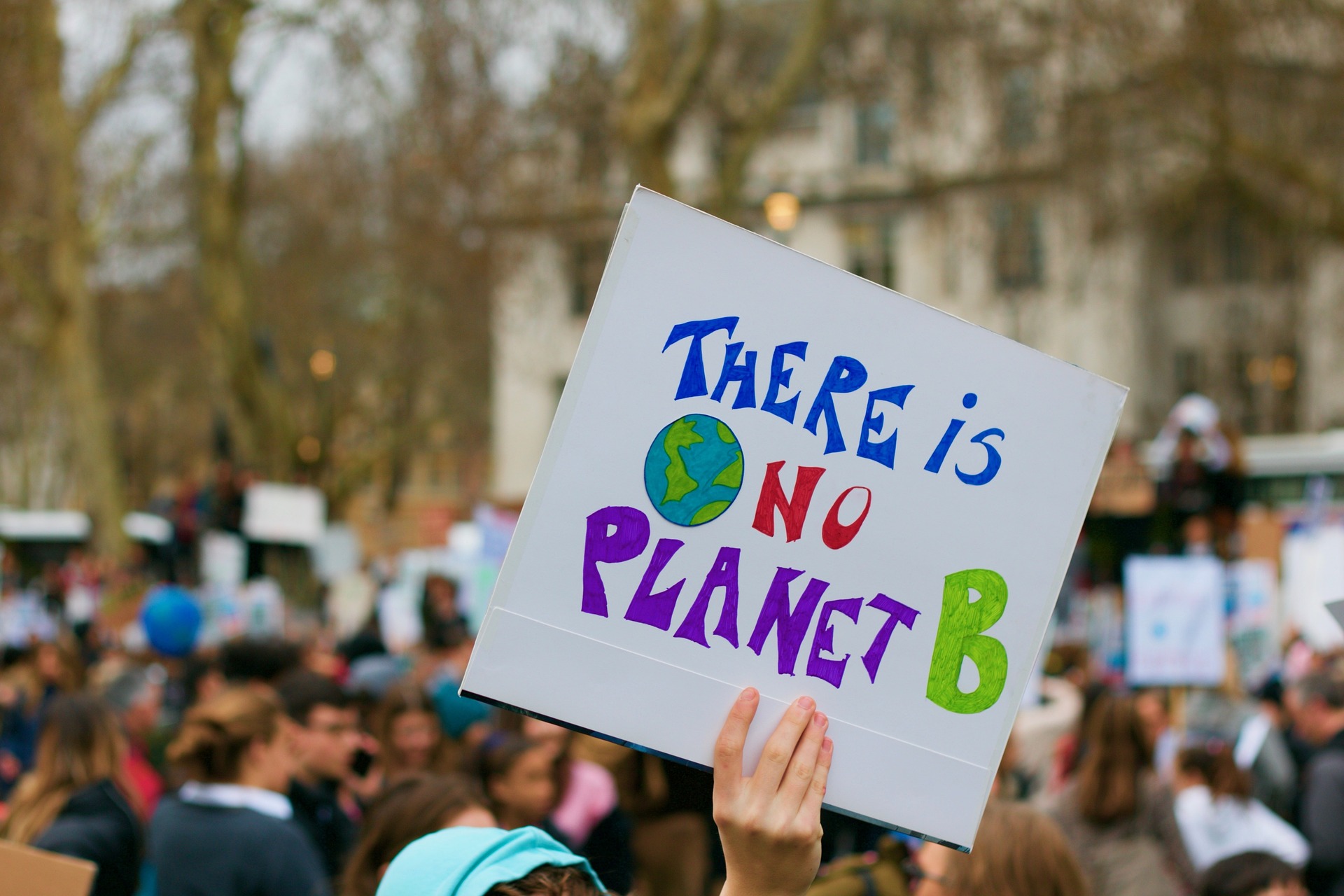The Unraveling: How Climate Anxiety is Reshaping Our Societal Norms
Climate anxiety, an area of concern that has rapidly grown in the last decade, is reshaping the societal norms of the 21st century. As the reality of climate change infiltrates our daily lives, it is fundamentally altering how we perceive, interact with, and shape the world around us. Read below to explore the depth and breadth of this transformative social phenomenon.

A New Age of Anxiety
Climate anxiety, or eco-anxiety, is a relatively new term that has gained significant traction in recent years. It refers to the fear and dread associated with the environmental crisis, primarily climate change. This phenomenon is not just an individual concern, but it has permeated society at large, becoming a social issue with profound implications.
The Historical Context
To understand the emergence and evolution of climate anxiety, one must grasp the broader historical context. The Industrial Revolution marked a significant shift in human development, with a surge in technologies that fueled our economies but also significantly impacted our environment. However, the concept of climate anxiety did not surface until the late 20th century, coinciding with increasing awareness and scientific consensus on climate change.
Current Trends and Cultural Shifts
As climate change has become more evident, climate anxiety has increasingly surfaced in public and private dialogues. A notable shift is the growing youth activism around environmental issues. From Greta Thunberg’s school strike for climate to the global Youth Climate Strikes, young people are voicing their fears and demanding action.
Implications and Significance
Climate anxiety is more than just a psychological phenomenon—it is a potent social force. This collective anxiety is driving changes in consumption habits, sparking policy debates, and even shaping our cities. For instance, there’s a growing trend of “degrowth” — a movement that advocates for slowing down economic growth for the sake of the environment.
The Role of Research
Research on climate anxiety is still in its nascent stages. Yet, preliminary studies suggest that this anxiety, while distressing, can also serve as a catalyst for change. It can spur individuals and communities to adopt more sustainable lifestyles and advocate for systemic changes.
Balancing Depth and Accessibility
While climate anxiety is a complex issue, it’s essential to discuss it in accessible terms. After all, this is not just a concern for scientists or policy-makers; it’s a deeply human issue that affects us all. We must strive to understand it, not just intellectually, but emotionally, and use that understanding to shape a more sustainable future.
This article has delved into the emergence and impact of climate anxiety, a transformative social phenomenon of our time. As we grapple with this new form of collective anxiety, we must remember that it also holds the potential to inspire us—to drive us towards innovation, solidarity, and sustainable change.




